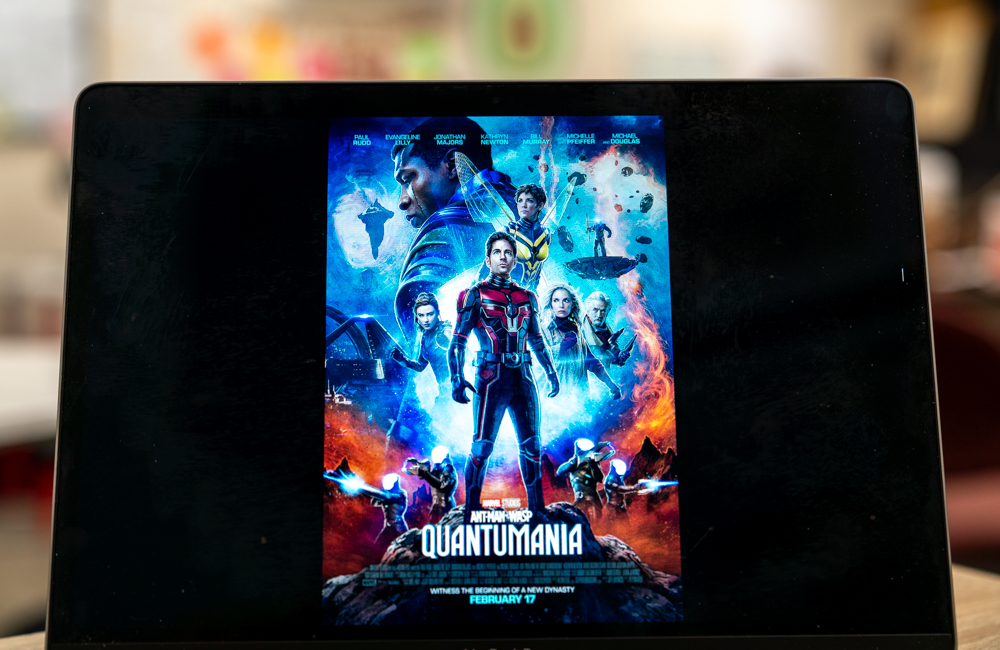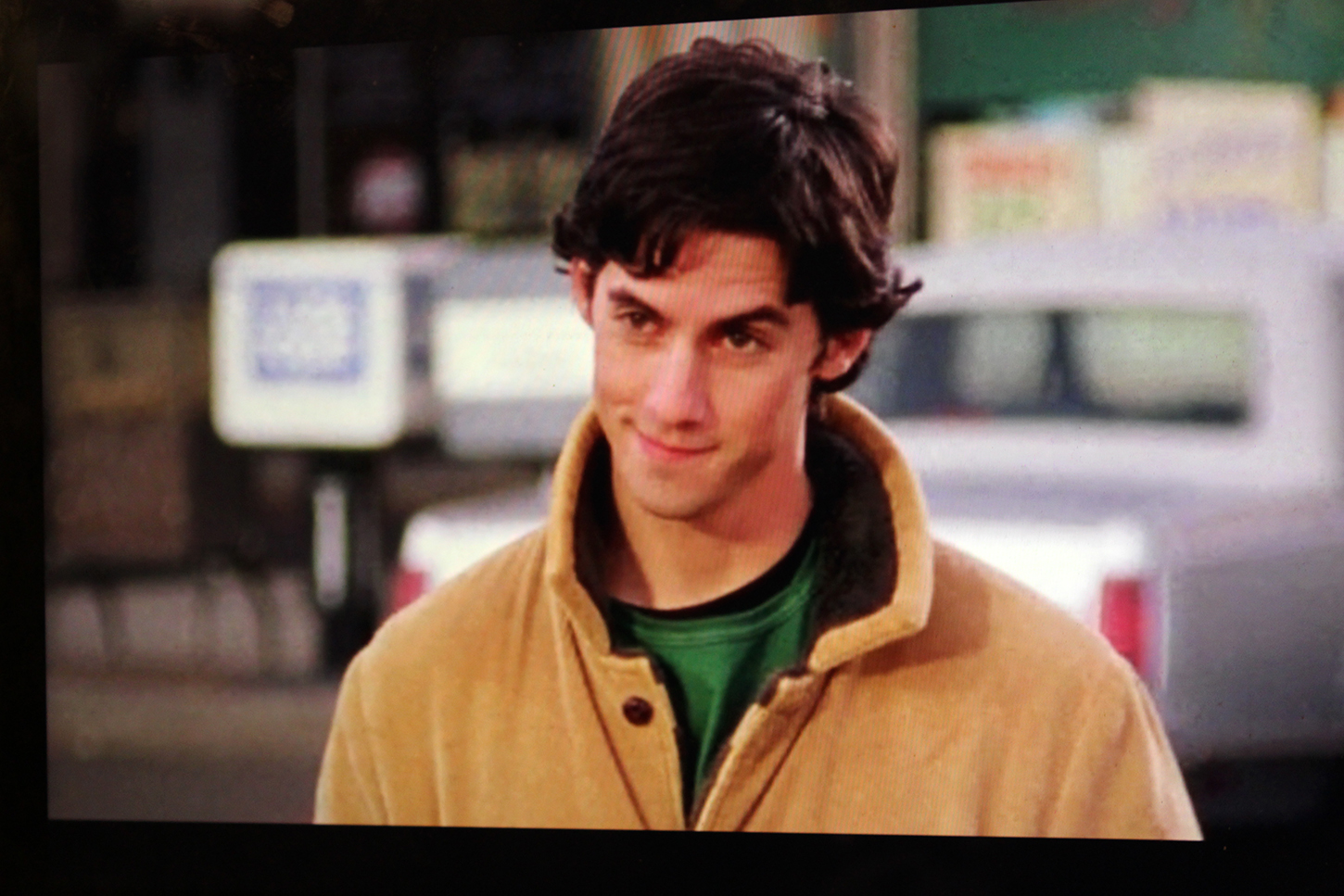The gap between the rich and poor is growing more problematic every year, said journalist Bill Moyers at the first Howard Zinn Memorial Lecture since the firebrand leftist died in January.
The Memorial Lecture, held Friday night in Metcalf Hall, was a part of alumni weekend. More than 200 alumni and guests came to the event.
Zinn taught at the College of Arts and Sciences department for 24 years, and was an accomplished author, political activist and historian.
Moyers, a notable broadcast journalist and political commentator, was a close friend of Zinn. He has been a public commentator for CBS, NBC and PBS news.
He is also the author of the 2008 bestseller “Moyers on Democracy,” and served as the White House press secretary in the Johnson Administration from 1965 to 1967.
In his speech, Moyers said that Zinn taught readers that the most epic changes in history start out by humble means.
“Most people criticize journalists by saying that they can’t discriminate between a bicycle accident and the fall of civilization,” Moyers said. “However, as Howard Zinn reminded us, most epic moments in history actually start out with a bicycle accident. A man named Paris ran off with a beautiful woman that he was not married to, and hence began the fall of the Trojan Empire. A middle aged black seamstress riding the Montgomery bus had tired feet and an ugly social order began to collapse.”
“We honor Howard because he championed the grassroots social change as it played out in the course of American history,” Moyers added. “These stories encourage people to get out and vote and make a difference.”
The gap between the rich and the poor is perhaps the most prominent social injustice of the modern American era, he said.
“In America, between 2001 and 2008, about 20,000 US manufacturing plants closed,” Moyers said. “Six billion jobs have disappeared over the last dozen years.”
At the same time, Moyers said, America is being run by a select few who pay less in taxes than most others.
“Money fights and it fights hard,” he said.
At some manufacturing jobs, employees made half of what they would make in Germany, Moyers said.
“Maybe we should have lost the war,” he said jokingly.
Moyers said that the market has been growing, and up until recently the typical American wage has grown with it.
Since the 1980’s however, only the top fraction of society has seen a growth in wages.
This isn’t the free market at work, however, it’s “wage repression,” Moyers said.
What’s worse, “wage repression pays dividends &- no pun intended,” he said.
Many rich people don’t think they need the rest of America, Moyers said, but they ignore both compassion and human history.
“Ultimately, gross inequality can be fatal to the civilization,” Moyers said.
After the speech, the attendees said they found Moyers “inspiring.”
James Leck, the associate director of Boston University’s International Students and Scholars Office, was intrigued by the lecture. “I’ve been an admirer of Bill Moyers for a long time. I appreciate his liberal leaning, and he is incredibly articulate. He has a keen analysis of what’s going on in the world, and it was very inspiring. I liked how he was all fired up.”
Similarly, Dianne Dyslin, CAS Class of 1982, had nothing but good things to say about the lecture. “I thought that this was a great opportunity. I think that the insight and perspective that he has about our political climate is great. It was really inspiring, and it helped me to gain a better sense of the big picture.”
The lecture was a vital reminder of the university’s academic tradition, said Lauren Hall, the event coordinator.
“More importantly, it is to honor the tradition of Howard Zinn, a really beloved faculty member of the university,” Hall said.




















































































































